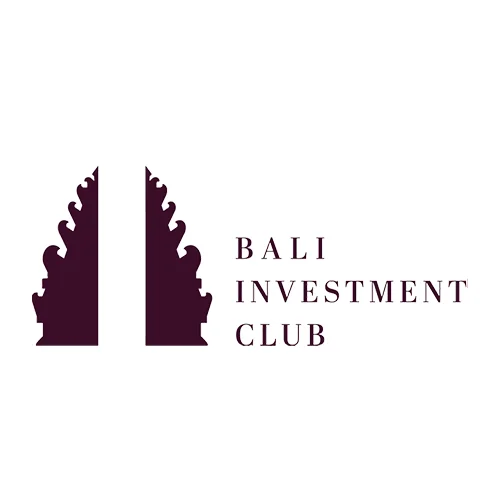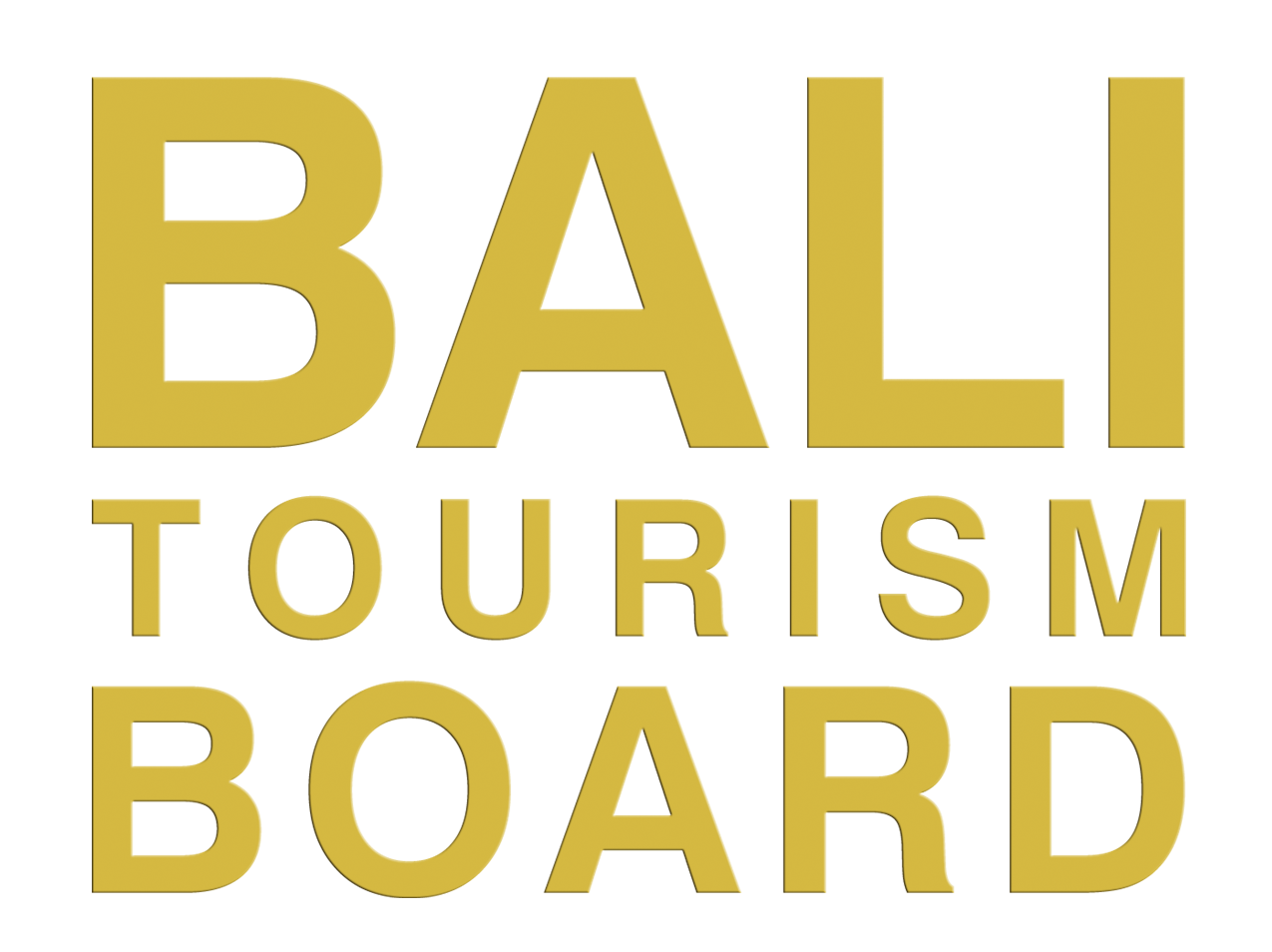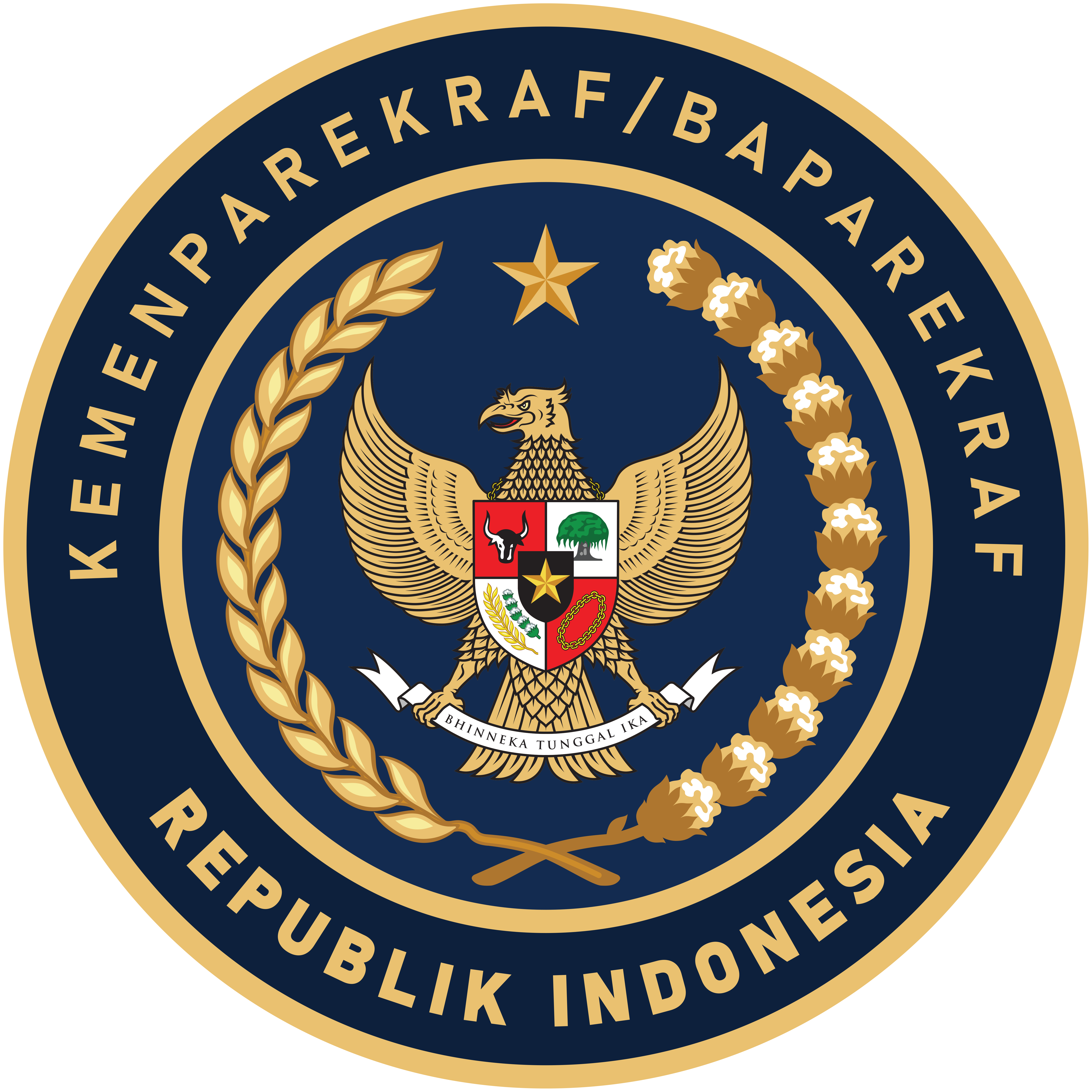

Eco Climate Badge
The "Eco Climate Badge" is a recognition and verification system established by Eco Tourism Bali to acknowledge and verify the commitment of businesses in the tourism sector towards fostering sustainable and climate-friendly practices in Bali. The badge encompasses several components, aligning with the Sustainable Development Goals (SDGs), as detailed in the ECB impact report available on the website. It involves a matrix report that evaluates the environmental, social, and economic impact of businesses engaged in sustainable practices. This badge is intricately related to the membership structure, and its association is highlighted on the website's ECB impact report.
Register Now
Impact Report
This report includes hotels and restaurants who have taken the self-assessment and committed to Sustainability with the 30 components criteria based on the Eco Tourism Bali Guidelines, to achieve sustainability and zero carbon emission by 2050.

Impact Achieved by Hotels

Component A. Resource Conservation
This comprises of policies of purchasing of consumable and disposable goods that favors environmentally sustainable suppliers and products. The component also includes management of energy and water resources to minimize overall consumption.






















Component B. Pollution Reduction
This comprises of policies, practices and actions to control greenhouse gas emissions, regulate and measure waste disposal and pollution from all sources.








































Component C. Conservation of Biodiversity, Ecosystem and Landscapes
This comprises of policies, practices and actions to protect natural areas of high biodiversity from any potential impacts generated by operations.










Component D. Social Benefits for Local Community
This comprises of policies, practices and actions to provide quality education, decent work and economic growth, and sustainable cities and communities.














Impact Achieved by Restaurants


Component A. Water Conservation
The component consists of 5 sustainability criteria, ranging from water conservation education, techniques, and wastewater management






























Component B. Waste Reduction and Recycling
The component consists of 4 criteria that manages waste production, waste processing, and waste disposal
































Component C. Sustainable Furnishing
The component consists of 1 criteria that manages the use of sustainable furniture




















Component D. Sustainable Food
The component consists of 2 sustainability criteria that manage the procurement and usage of sustainable practices for food production






















Component E. Energy Conservation and Renewable Energy Usage
The component consists of 7 criteria that manages the use of energy-saving equipment & technologies
















Component F. Reusables and Environmentally Preferable Disposables
The component consists of 2 criteria focusing on the use of reusables, disposables, and eco-friendly packaging for F&B business operations




















Component G. Chemical and Pollution Reduction
The component consists of 6 criteria that manage the reduction of chemical and pollution generated from the business






































Component H. Social Benefits for Local Community:
The component consist of 3 criteria to improve the delivery of economic and social benefits to the local community
















Regenerative Bali
The regenerative bali program is dedicated to environmental sustainability in the face of tourism-related degradation. Rooted in the mangrove and coral ecosystems, this program rejuvenates nature through annual mangrove and coral planting with the local community.


CO2 sequestration potential:
180.000 kg CO2e / year
*beginning in its 16th year.
Eco Tourism Bali has been dedicated to fostering a positive impact on the environment. Through our annual program, we have successfully planted 3000 mangrove seedlings, contributing to the overarching goal of achieving a 0% carbon emission by 2050. Furthermore, our initiatives align with Indonesia's commitment to the UNFCCC Secretariat, as we strive to enhance emission reduction targets from 29% to 31.89% unconditionally and from 41% to 43.20% conditionally, as outlined in the First NDC and Updated NDC, respectively. This annual program will be funded from ETB membership.
Learn More

CO2 sequestration potential:
126 kg CO2e / year
Coral reefs support more than 800,000 species which in turn support more than a billion people with food and income. Coral reefs are home to more than 25 percent of marine life, which illustrates how important coral reefs are to underwater biodiversity. Together with Living Seas and Indonesia Reef Warrior Foundation, we have planted more than 60 reef stars and held our annual coral planting to conserve corals that play an important role in nature. This annual program will be funded from ETB membership.
Learn MoreLocal Purchasing


Rp5,8 M
of local purchasing
In collaboration with PERUMDA (Regional Public Enterprise), commencing from Tabanan Regency, ETB assists PERUMDA in acknowledging the purchase of local Bali farmers' staple goods by hotel entities. At the end of each year, we will aggregate the total purchase amount as a clear contribution from hotels towards the farmers and the social and economic sustainability of Bali.
Partners
Our partners help us make a difference by shaping the path on our journey to find real solutions with real impact to our planet.










Eco Tourism Bali Warriors
These Eco Warriors in Bali are dedicated individuals and they are actively involved in various initiatives and practices geared towards preserving and restoring Bali's delicate ecological balance. They contribute significantly to the island's environmental well-being by championing sustainable practices in tourism, agriculture, and waste management. Emphasizing responsible choices, they work to minimize environmental impact and promote a healthier, more sustainable Bali.


Kelapot Indonesia
Our
#EcoWarriorof the month


TheHolidayMood.com
Our
#EcoWarriorof the month


Ecobali
Our
#EcoWarriorof the month


Positive Impact Forever
Our
#EcoWarriorof the month


Waterbom Bali
Our
#EcoWarriorof the month


Magifarm
Our
#EcoWarriorof the month




